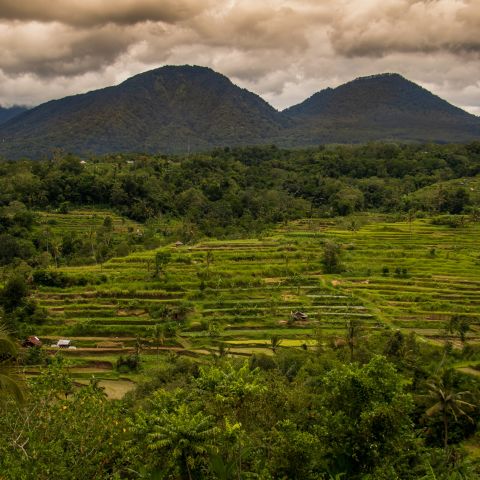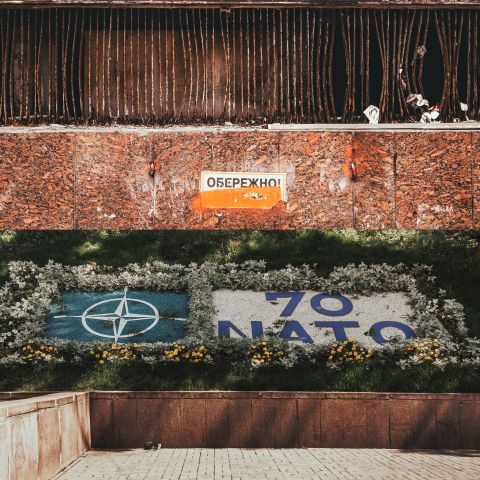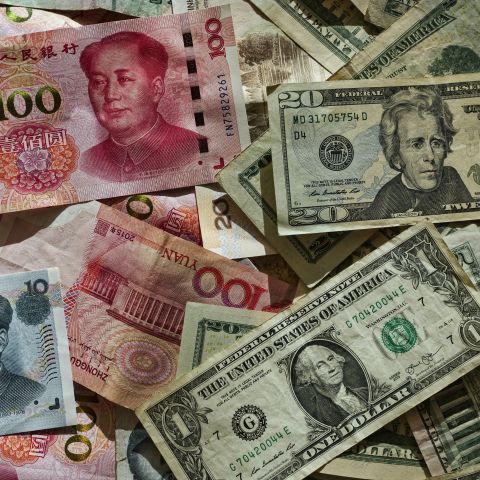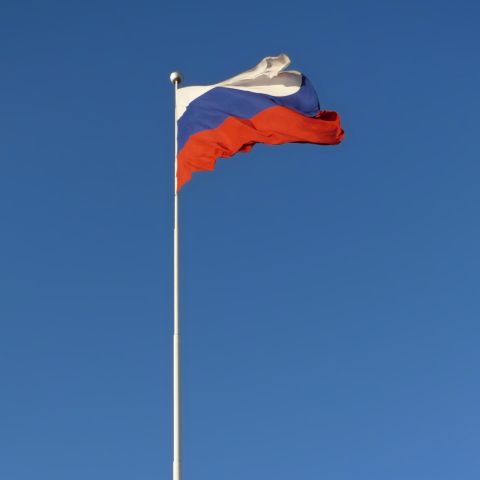News
Read the Latest News
Chris Barrett, IAD/SEAP
“It used to be that child stunting—the cumulative impact of poor nutrition and health—was basically every place that was poor,” says agriculture and...
Jeremy Wallace, EAP
Jeremy Wallace, associate professor of government, writes this Q and A analysis about U.S. climate cooperation with China.
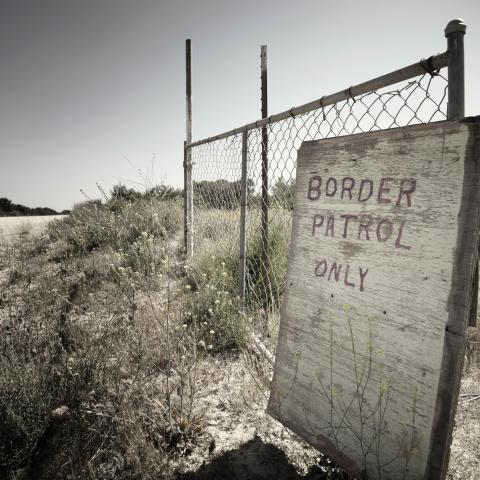
Despite Uptick in Border Encounters, Policies for Adults Traveling Alone Haven't Changed Under Biden
Maria Cristina Garcia, LACS
Experts emphasize that U.S. policies alone don’t influence decisions to migrate. "Migration has always been multicausal: that is, people migrate...
Cristina Florea, Global Public Voices and IES
“Their relationship with Russia is defined by mistrust,” says Cristina Florea, assistant professor of history.
Eswar Prasad, SAP
“One lesson that China is probably taking from the fallout is it remains vulnerable to financial, economic and technological sanctions,” says Eswar...
Sidney Tarrow, Einaudi
Sidney Tarrow, professor emeritus of government, writes this opinion piece considering whether Russia is returning to Stalinism.
Steve Yale-Loehr, Law
“Almost every reputable report that I have seen has found that immigrants commit crimes at a lower rate than native born U.S. citizens,” says Steve...
Nicholas Mulder, IES
Nicholas Mulder, assistant professor of history, discusses how economic sanctions throughout history have shaped global powers.
Cristina Florea, Global Public Voices and IES
A Foreign Affairs op-ed from Cristina Florea (IES) explains why empires and nativism don’t mix:
"From history, Putin has recycled not those...
Landon Schnabel, GPV
Landon Schnabel, assistant professor of sociology, discusses how gender and socioeconomic status impact healthcare access.


